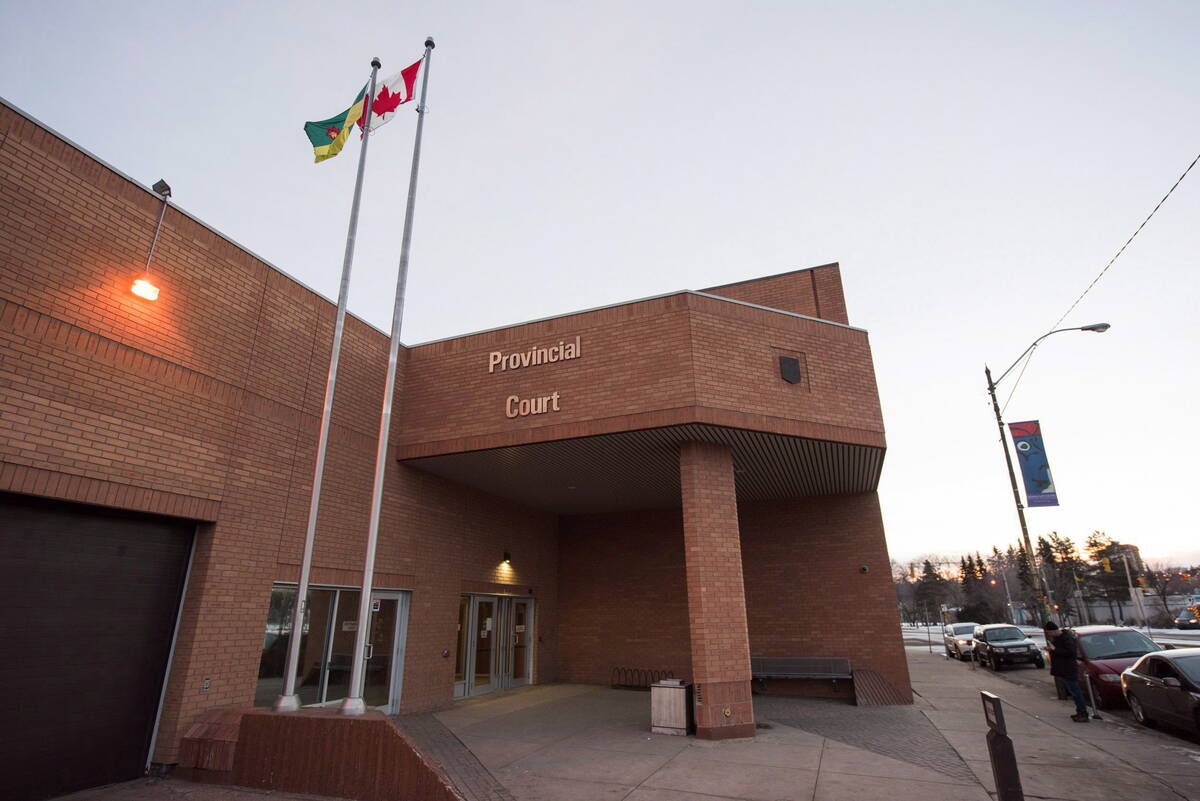Hunting season is an exciting time of year. For many, it is an opportunity to enjoy the outdoors and to hunt game or birds. It’s good to remember that both hunters and landowners have rights and obligations.
Access to private land frequently causes disputes. In the northern areas of Western Canada, it’s less of an issue. But in areas south of our forests, most hunting occurs on private farmland. When hunters do not follow the law or even common sense and etiquette, relationships break down.
If a landowner has set out signs saying “No Hunting,” “No Shooting” or “No Trespassing,” then hunters are obliged to seek specific permission to hunt on the land. This must be asked for each time. The fact that you may have hunted on a piece of land five or 10 years ago does not give you the right to do so whenever you want in the future.
Read Also

Understand limitation periods if considering civil suit
A limitation period refers to the amount of time a plaintiff has to commence a formal claim in court or lose their ability to pursue it.
Also, remember that a tenant of farmland has the right to put up such signs and to control what happens on the land in terms of hunting, unless the lease with the owner says otherwise.
Obviously, the owner or tenant of farmland can hunt on his own land even if it is posted. Sometimes hunters see others hunting there and assume they can too, without checking. That is a serious error. Any hunter who wants to hunt on private land should talk to the landowner or lessee and obtain permission. It’s best if this is done in advance of hunting season.
What if the land isn’t posted? In most provinces the law says hunters may not have to obtain permission from the tenant or owner before hunting on land that has not been posted. However, it’s a good idea to be courteous and ask permission whether or not signs are posted. Courtesy helps establish good relationships, which may give you access to a great hunting area for years to come.
Disputes have sometimes arisen when land is not posted and some hunters assumed they could do whatever they want on the land. Allowing hunting does not equate with driving a vehicle in an improper manner, causing damage to the land, shooting carelessly or drinking and carousing on private property.
It must always be remembered that the land belongs to someone else, not the hunters, and you are there because of the good graces of the owner. If you go through a gate, close it behind you. If there appear to be crops awaiting harvest, don’t drive through them. A few bad hunters will result in land being posted so no hunters will be allowed in the future.
For landowners or tenants, check the province’s laws regarding posting. Most provinces have rules about how big the signs need to be, what they need to say and how far apart they must be placed for the “no hunting” posting to be effective. From a practical perspective, remember that these laws provide for minimum standards. There’s no problem posting bigger signs, or more of them. For hunters, remember that most provinces have laws making it an offence to destroy or tamper with such a sign.
Also, one must remember that different rules apply to First Nations or Metis people. They do not need to obtain and carry a hunting licence. Most bag limits do not apply, and it is an open question as to whether they can hunt on private land, even if it is posted. The law in this area is still evolving.
Common sense and courtesy should prevail on both sides of the fence. Asking for permission early and behaving properly will likely ensure hunters can return to certain land. Even if permission to hunt is refused, there is no reason for an owner to act in a rude and abusive manner. The law is set up so that all can co-exist.
Rick Danyliuk is a practising lawyer in Saskatoon with McDougall Gauley LLP. He also has experience in teaching and writing about legal issues. His columns are intended as general advice only. Individuals are encouraged to seek other opinions and/or personal counsel when dealing with legal matters.
















